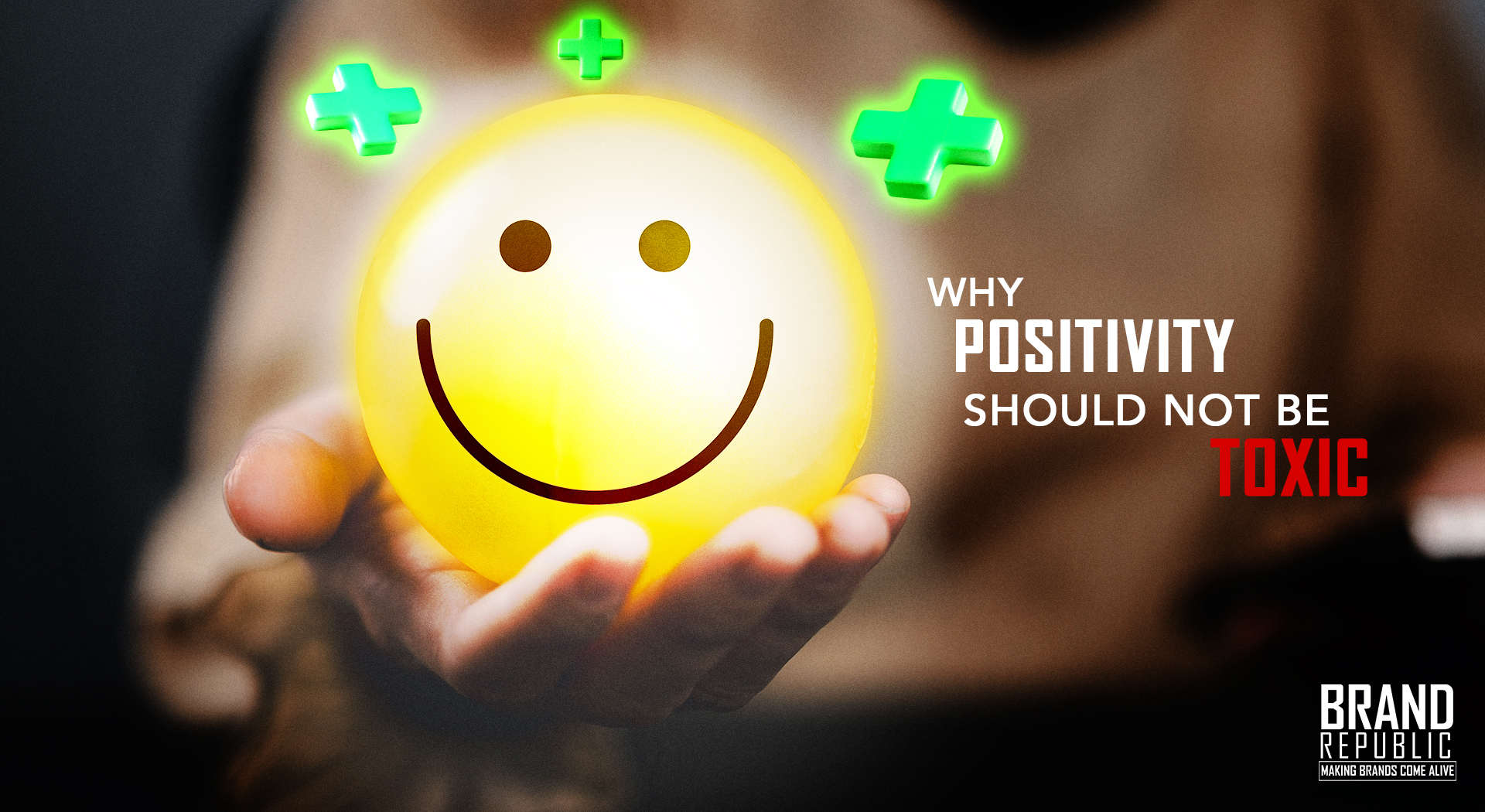With every experience, we hear the saying “Basta happy lang,” or “Ang importante, masaya.” It’s been ingrained in us that in going through whatever, we have to keep happy. But when we go through devastating events in our lives or when we have days where happiness just isn’t in our reach, how are we really supposed to feel? When does keeping our spirits up cross the line to toxic positivity?
We first define what toxic positivity is. It’s the belief that people should keep a positive mindset no matter what, even if the situation at hand might call for a more negative reaction. Something sad happens? Stay happy anyways. Tragedy strikes? Let’s focus only on good thoughts. In real life, toxic positivity can also present itself in things being said to us. If something sad happened to you, what do you think are the first things you’d hear? “Always look at the bright side,” “Just think positive,” or “It could be worse.”
Though some of these things could be said from a well-meaning place, these poorly-worded phrases may be based on toxic positivity. Instead of consoling, they have the ability to minimize trauma, avoid struggles, and even make the person feel guilt or shame. It encourages us to suppress our other emotions and feelings in exchange for remaining positive.
One of the most popular examples of toxic positivity can be seen in the animated film Inside Out (2015). The main plot surrounds itself with Joy doing whatever she can to keep Riley happy to the point of overriding the other emotions. The movie ends with Joy learning that Sadness is needed to fully process the things happening around us and develop compassion and empathy for others.
Thinking about it, it’s already in our culture as Filipinos to approach life in a positively toxic manner. We are known to be “resilient” despite all the struggles we go through. May it be natural disasters or poverty, the world can expect a smile on the faces of Filipinos because this is who we are. It looks great from an outside point of view: the country of happiness and positivity… but doesn’t continually experiencing hardships and smiling through it all get tiring and dare I say… unauthentic?
The thing is, too much toxic positivity can be harmful. People need to know that every emotion is valid, and that no shame should come from feeling them. It really is OK not to be OK, because having negative feelings isn’t you showing your true colors, it’s you processing things happening around you, it’s you coping with life’s misfortunes, and most importantly it’s you undergoing the realistic experience of growing and moving on.
All in all, we may be happy people, but being positive should not be toxic. Each emotion is complex and has its significance, if you feel sad, then give yourself permission to feel sad! These emotions have to be felt openly and honestly so that when faced with a difficult situation, we can move to learning and eventually accepting it (as bittersweet it may be) because that’s what truly makes us human after all.




